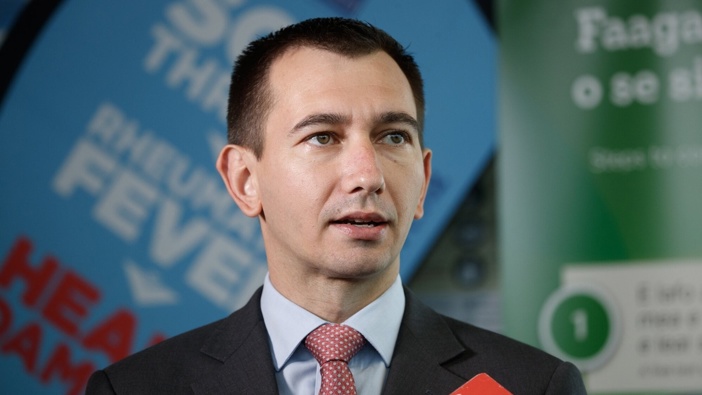California Considers Healthcare Freeze for Undocumented Immigrants: What You Need to Know
California's state legislature is poised to debate a controversial proposal that could significantly impact access to healthcare for undocumented immigrants. The plan, currently under consideration, would effectively freeze enrollment in Medi-Cal, California's Medicaid program, for individuals lacking legal residency. This decision has sparked heated debate amongst lawmakers, healthcare advocates, and community leaders, raising concerns about potential health consequences and the state's commitment to providing essential services.
The Proposal: A Closer Look
The proposed freeze isn't a complete removal of coverage, but rather a pause on new enrollments. Currently, California provides healthcare to low-income individuals regardless of immigration status. This expansion has been hailed as a progressive policy, ensuring access to vital medical services for vulnerable populations. However, the state's budget constraints, driven by recent economic challenges, have led to the exploration of cost-saving measures. This proposal is being presented as one such measure, aiming to alleviate pressure on the state's healthcare budget.
Arguments For and Against
Supporters of the proposal argue that it's a necessary step to address the state's fiscal realities. They contend that the cost of providing healthcare to undocumented immigrants places a significant burden on taxpayers and that a temporary freeze could provide breathing room for the state to reassess its healthcare spending. They also suggest exploring alternative funding sources or seeking federal assistance to support the program.
Conversely, opponents argue that the proposal is morally reprehensible and would have severe public health consequences. They highlight that limiting access to healthcare can lead to delayed diagnoses, untreated conditions, and ultimately, more costly emergency room visits down the line. Furthermore, they argue that it would disproportionately impact vulnerable communities and undermine California's reputation as a welcoming and inclusive state. Healthcare advocates also point out that denying care to undocumented individuals can negatively impact the health of the broader community, as infectious diseases can spread more easily when individuals lack access to preventative care.
The Potential Impact
The immediate impact of the freeze would be felt by those seeking to enroll in Medi-Cal for the first time. While current beneficiaries would retain their coverage, new applicants without legal status would be barred from joining the program. The long-term consequences are more complex. Experts predict an increase in preventable illnesses, a strain on emergency room resources, and a widening health disparity between documented and undocumented residents.
What Happens Next?
The proposal is currently undergoing legislative review and faces an uncertain future. Amendments and adjustments are likely as lawmakers grapple with the complex issues at hand. The outcome of this debate will have far-reaching implications for the health and well-being of California's undocumented immigrant community and will undoubtedly shape the ongoing discussion about healthcare access and affordability in the state. Stay tuned for updates as this story develops.






